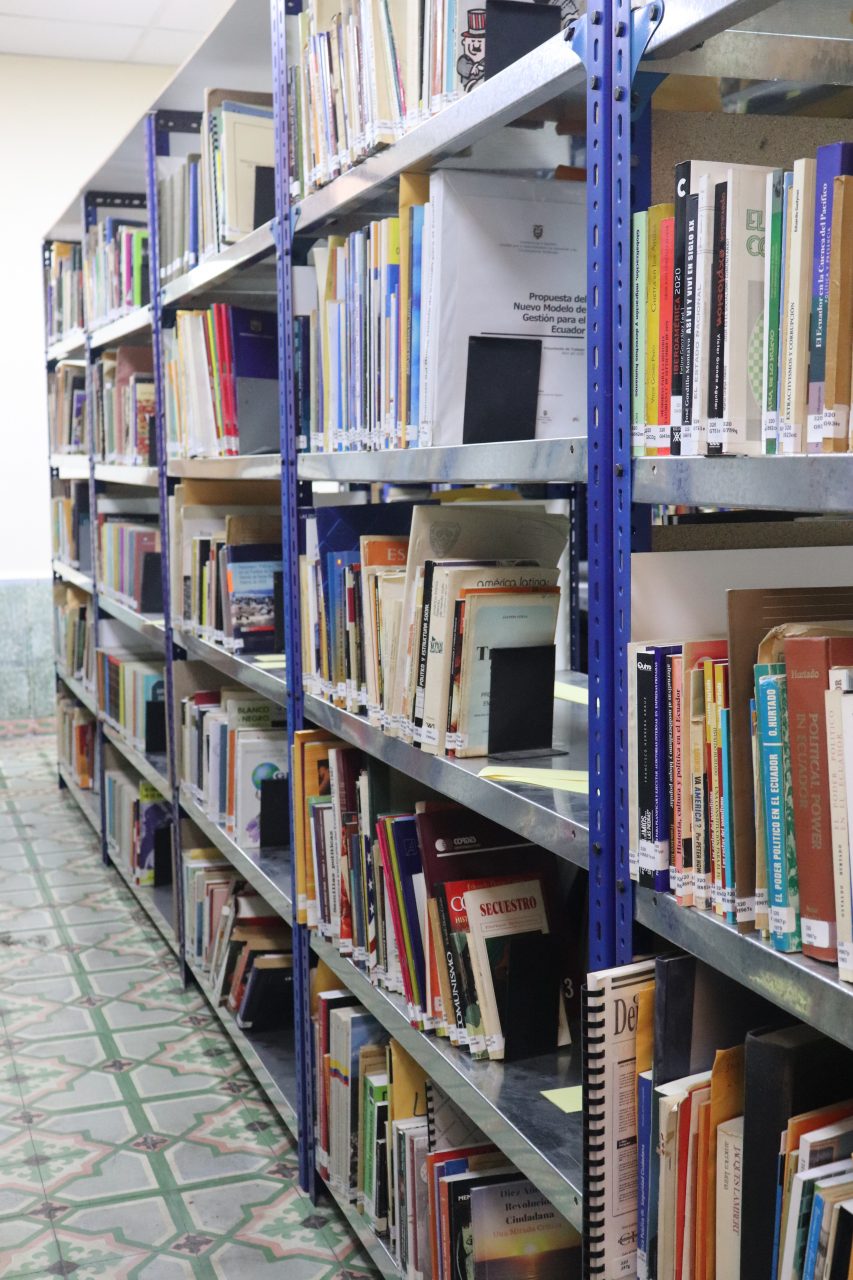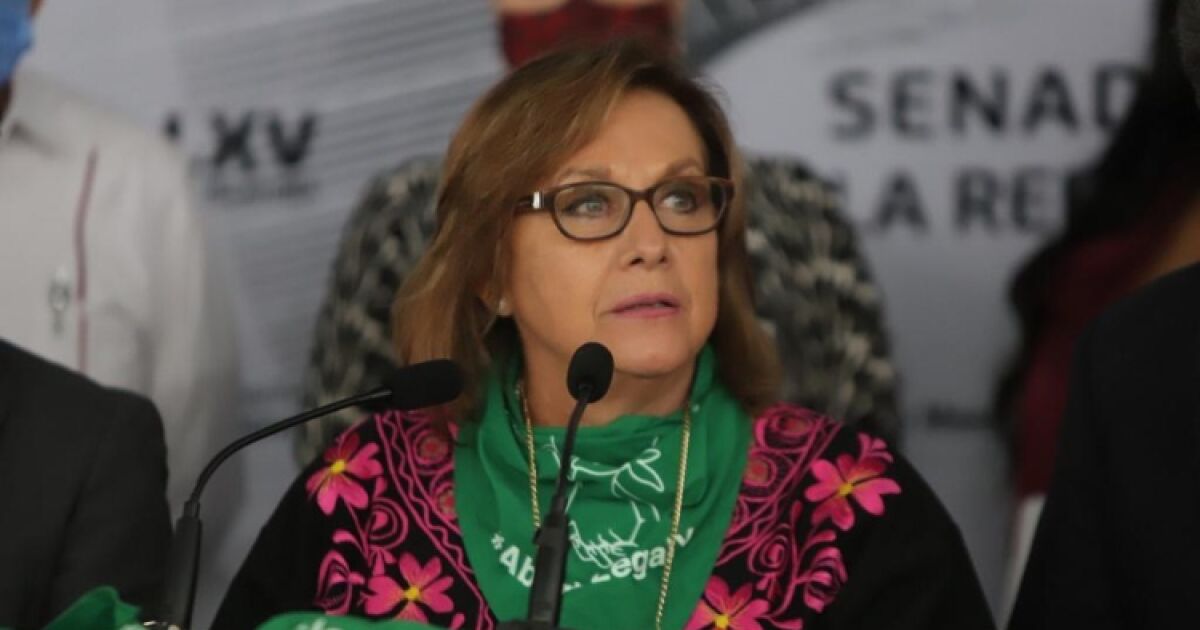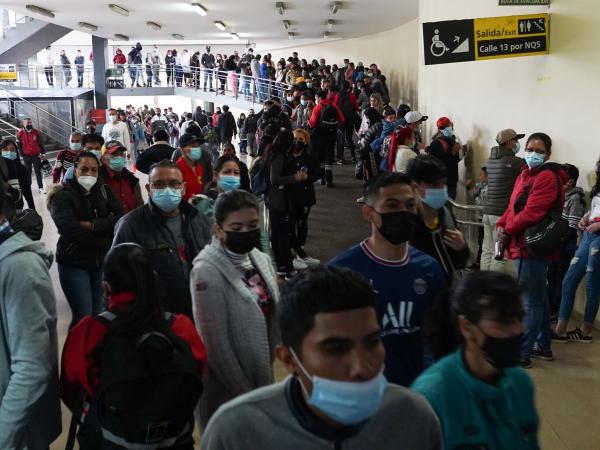The institution suffered a 68% cut in its budget, after the Ministry of Culture chose to reinterpret the law.
In December of last year, staff at the Ecuadorian Library Aurelio Espinosa Polit was bitterly surprised to receive the annual allocation from the State. Not only that the resources had arrived several months late, but that it had been reduced by 68%. Without prior notice or any opportunity to express its position, the institution went from having $600,000 a year to just $195,000.
Since 1995, when the Ecuadorian Library Law was issued and it was named Institution of National Interestl, the Ecuadorian Library Aurelio Espinosa Pólit has received an allocation, contemplated in the General Budget of the State.
The law dictates that this “will not be less than the equivalent of fifteen hundred general minimum vital wages.” However, at the end of the last century —as a result of the severe economic crisis and dollarization—, the basic salary plummeted to the derisory sum of four dollars, which led to an extreme distortion of all the allocations and funds that were tied to him. The library was no exception; Seeing that his annual allowance had fallen to $6,000 a year, which did not cover even the most elementary costs, he made a query to the State Attorney General’s Office.
What the law requires
The State Attorney General, José María Borja, ruled on the matter on July 6, 2006. He established that the law had “a floor, but not a ceiling” and that the allocation “in no case can be less than one thousand five hundred minimum wage”. He also concluded that “such allocation should correspond to a sum that has a purchasing power similar to that which it had at the time the benefit was created.”
From 2006 to 2020, the State adjusted the amount according to the value of the current minimum wage; Thus, last year the library would have received the sum of 600 thousand dollars and in 2022, after the recent salary increase, 637,500. However, last year, Officials from the Ministry of Culture, based on their own calculations, judged that the library was worth only 195 thousand dollars.
For Father Iván Lucero, executive director of the institution, this measure implies that the Ministry of Culture is assuming the capacity to interpret the law, something that, in this context, corresponds only to the Attorney General’s Office, and discrediting the proceeding of the Status for the previous fourteen years. The cut has had very serious consequences for the library and Lucero believes —taking into account the minimum amount that this represents within the framework of the entire General State Budget— that it has not been the product of bad faith, but merely of lack of knowledge.
an acknowledgment
The state allocation, highlights Lucero, is a recognition of the effort carried out by the Aurelio Espinosa Pólit Library from 1929 to 1995, without any government support, to preserve the national memory during all that time in which the State did not have the resources nor the ability to do so. This does not mean that it is an institution seized or owned by the State; the core of the library —both in infrastructure and in materials and personnel— has been and continues to be the product of private management of the institution.
Until today, the Aurelio Espinosa Polit Ecuadorian Library it is the base of operations, a ‘must stop’, for all researchers in the country. No other archive matches the richness of its catalog or its standards of order and conservation. The service, despite the constant acquisitions and digitization tasks carried out by the institution, are still free. Likewise, its prestige means that, year after year, prominent intellectuals, academics and researchers donate their personal files to it for its preservation. It has only 18 employees.
Faced with such a deep and unexpected shock, Lucero acknowledges that the institution has needed to resort to indebtedness to stay operational. He trusts that things will return to their normal course and that the State will resume its obligations. For the moment, they have only appealed to public opinion to express their disagreement with what happened. They are still not clear about the path that, if necessary, will have to be followed politically or legally to remedy the situation, but he is clear that the current scenario is unsustainable.








